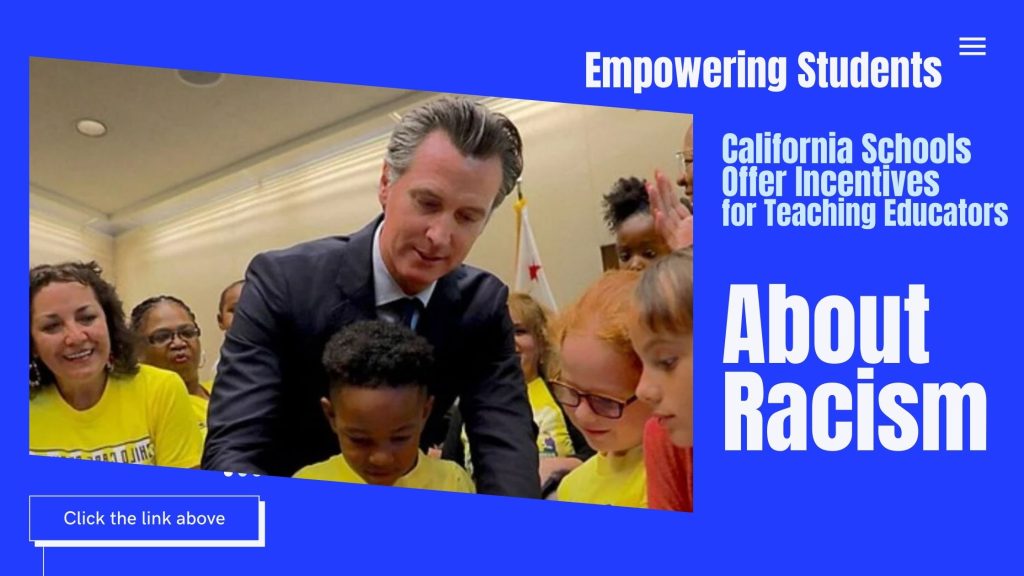A recent investigation by The Free Press has shed light on the allocation of taxpayer funds in the Long Beach Unified School District, California. Records obtained reveal that a staggering $2 million has been directed towards training high school students in racial and social justice initiatives.
Partnership with Californians for Justice

In 2019, the Long Beach Unified School District inked a deal with Californians for Justice (CFJ) to provide equity and leadership training across its 84 schools. This ongoing partnership included various initiatives aimed at fostering a more inclusive educational environment.
Equity Training for Students and Teachers
As part of the contract, CFJ offered stipends amounting to approximately $1,400 each for 78 students and 13 parents to engage in internships. Moreover, CFJ facilitated 15 student-led training sessions for teachers, focusing on topics such as implicit bias and racism. Remarkably, teachers opted to attend these sessions over programs centered on designing lesson plans, signaling the significance attached to equity training.
CFJ’s Mission and Controversies

The mission of CFJ, as stated on their website, is to empower marginalized youth, including individuals from racial minority backgrounds, immigrants, low-income families, and LGBTQ+ communities. However, controversies have arisen surrounding CFJ’s stance on certain geopolitical issues. For instance, a social media post by the organization characterized Israel’s actions in Gaza as “ethnic cleansing and apartheid orchestrated by white supremacist settler colonialism.”
Financial Implications and Criticisms
Auditors at OpenTheBooks revealed substantial salaries within the Long Beach Unified School District, with Superintendent Jill Baker earning over $371,000 in 2022. Additionally, more than 100 educators received salaries exceeding $150,000 during the same period. These findings have fueled criticisms regarding the allocation of taxpayer funds, especially towards initiatives perceived as divisive or unrelated to core educational objectives.
Voices of Dissent
Several voices within the school community have voiced dissenting opinions regarding CFJ’s approach. History teacher Jay Goldfischer criticized the organization for providing students with a “scripted voice” rather than empowering them to express their own perspectives authentically. Another school employee denounced the stipends provided to students and teachers as a “horrible propaganda strategy,” highlighting concerns over the true intentions behind such financial incentives.
CFJ’s Response
In response to the criticisms, a spokesperson from CFJ emphasized their commitment to fostering an inclusive and democratic educational environment. They asserted that their agenda aims to ensure that every student is accurately represented in classrooms and curricula, fostering critical dialogue and democratic participation across diverse perspectives.
Reevaluation of Fund Allocation
The controversy surrounding the allocation of taxpayer funds towards initiatives like racial and social justice training prompts a reevaluation of priorities within educational budgets. While initiatives promoting equity and inclusivity hold value, concerns over the diversion of resources from core academic subjects such as math and reading persist.
As debates ensue regarding the most effective utilization of educational funds, stakeholders must strive for a balanced approach that addresses both the immediate needs of students and the broader goals of fostering a just and inclusive educational environment.







